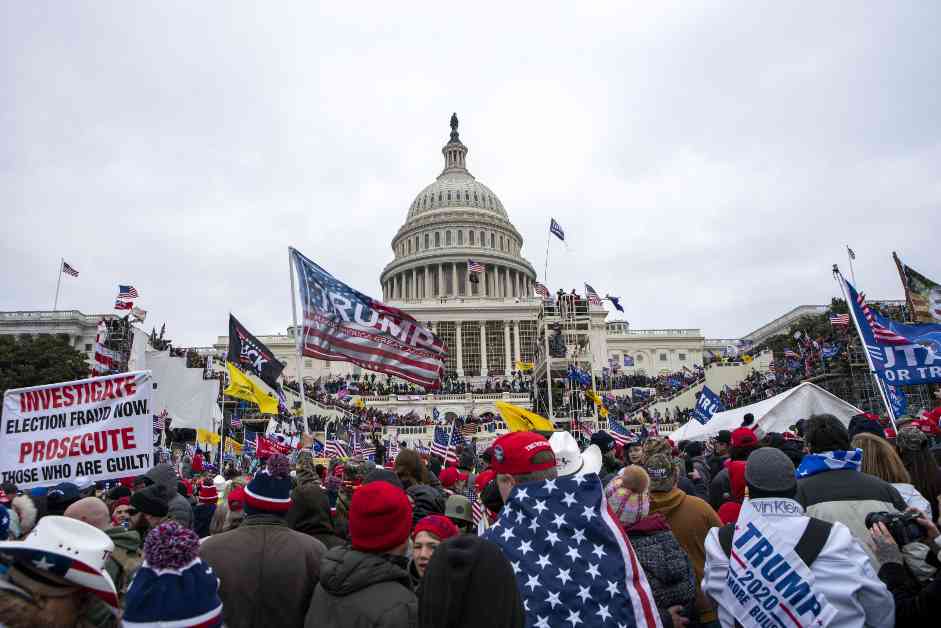A trial date has been set for the wrongful death lawsuit regarding the shooting of Ashli Babbitt during the January 6 riot at the U.S. Capitol building. Judicial Watch, representing Babbitt’s family, announced that the trial is scheduled for July 20, 2026, as ordered by District Court Judge Ana Reyes.
Ashli Babbitt, a San Diego resident who co-owned a business with her husband, was shot by U.S. Capitol Police officer Lt. Michael Byrd while attempting to breach a barricaded door in the Capitol on January 6. The lawsuit, which includes claims of wrongful death, assault and battery, and negligence against the federal government, highlights the pain, suffering, and fear experienced by Babbitt during the incident.
According to the lawsuit, Lt. Byrd admitted to shooting Ashli without first assessing her intentions or identifying her as unarmed. Babbitt had her hands up and posed no threat to anyone in the lobby, where no members of Congress were present at the time. The Capitol Police’s internal investigation concluded that Lt. Byrd’s actions were lawful and in line with department policy, as they believed the use of deadly force was necessary to protect lives from the violent mob.
The investigation emphasized that the shooting potentially prevented serious injuries or deaths to members of Congress and staff, as the rioters were close to breaching the doors leading to the House Chambers. Despite the findings of the internal investigation, the lawsuit seeks justice and accountability for Ashli Babbitt’s death, aiming to hold Lt. Byrd and the federal government responsible for their actions.
The trial will provide an opportunity for Babbitt’s family to seek closure and address the circumstances surrounding her tragic death. It will also shed light on the events of January 6 and the challenges faced by law enforcement in ensuring the safety and security of government officials and staff during a violent breach of the Capitol. As the legal proceedings unfold, the public will have the chance to learn more about the specifics of the case and the implications for law enforcement protocols in similar situations in the future.
